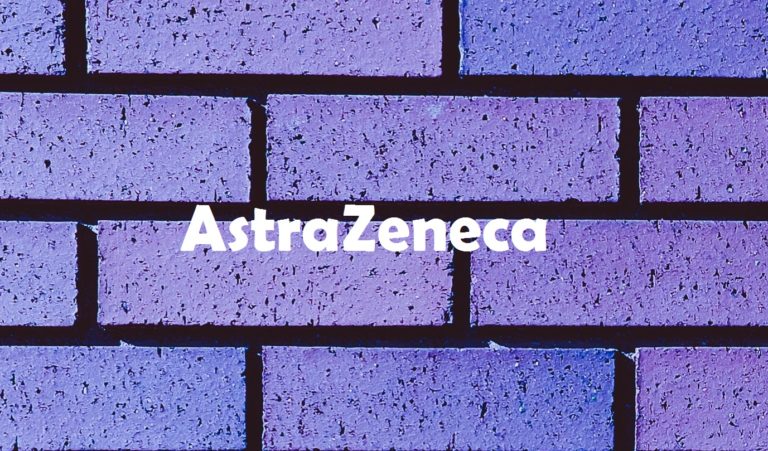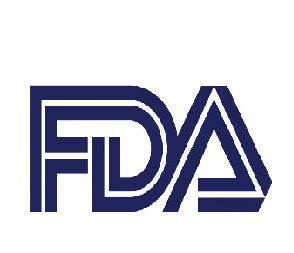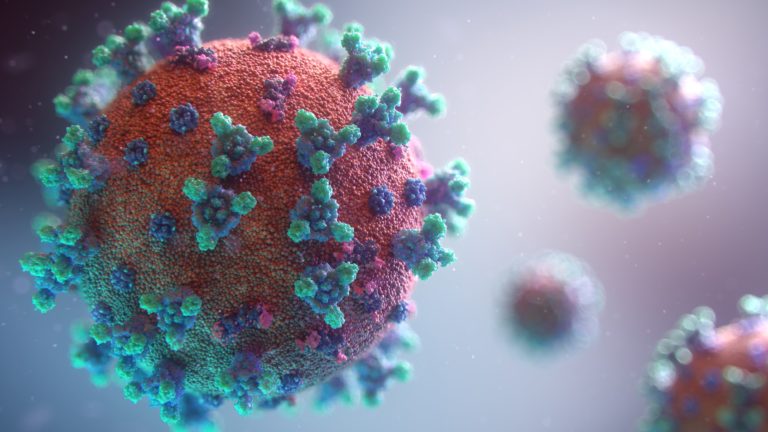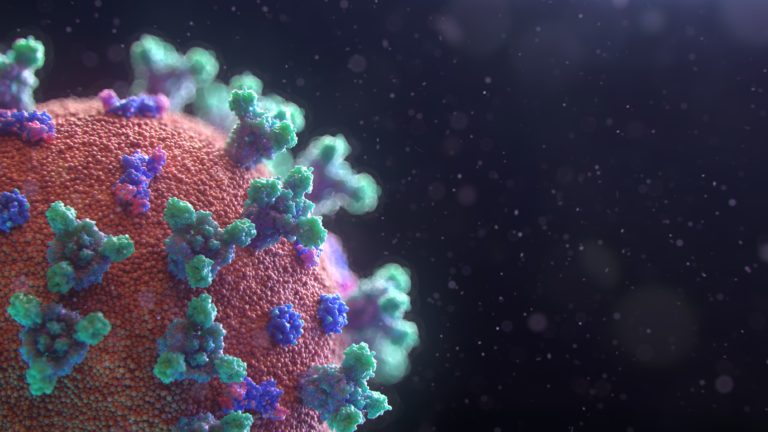May 4, 2020: “Menarini Group announced a definitive agreement under which Menarini Group will acquire Stemline in a transaction valued up to $677 million.
Under the terms of the agreement, a wholly owned subsidiary of the Menarini Group will commence a tender offer for all outstanding shares of Stemline, whereby Stemline shareholders will be offered a total potential consideration of $12.50 per share, consisting of an upfront payment of $11.50 in cash and one non-tradeable Contingent Value Right (CVR) that will entitle each holder to an additional $1.00 in cash per share upon completion of the first sale of ELZONRIS in any EU5 country after European Commission approval.
Stemline launched ELZONRIS for the treatment of blastic plasmacytoid dendritic cell neoplasm (BPDCN) in adult and pediatric patients, two years or older, following the approval by the United States Food and Drug Administration in December 2018.
ELZONRIS is a novel targeted therapy directed to the interleukin-3 (IL-3) receptor-α (CD123).
With the support of Menarini’s infrastructure, Stemline will continue its efforts to develop additional applications of ELZONRIS to serve the unmet needs of patients suffering from difficult to treat diseases and cancers.
Following its strong U.S. launch of ELZONRIS, Stemline will benefit from Menarini’s experience in bringing products to markets in Europe and emerging markets as it prepares for a successful international launch upon receipt of regulatory approval in ex-U.S. territories.
Elcin Barker Ergun, CEO of Menarini Group, commented, “Stemline is an excellent fit for Menarini, enabling us to expand our presence in the U.S. with an established biopharmaceutical company focused on developing oncology therapeutics.
Through this acquisition, we will continue to strengthen our portfolio and pipeline of oncology assets and deliver novel therapies around the world. We look forward to uniting together with the Stemline team to advance our shared mission of serving patients.”
Ivan Bergstein, M.D., Chairman, CEO and Founder of Stemline, said, “Joining Menarini represents a unique opportunity for Stemline to advance the commercialization of ELZONRIS across the globe and to accelerate the development of our pipeline of oncology assets.
We have transitioned Stemline over the last several years into an established commercial-stage operation with a novel treatment, a growing pipeline and a strong foundation.
We are excited to be combining with a like-minded organization in Menarini, in a transaction that will deliver immediate and significant cash value to our shareholders, while also allowing our shareholders to participate in the future upside of ELZONRIS’s European launch.
We look forward to working closely together on our unified goal of helping and delivering hope to patients worldwide.”
Transaction Terms
Under the terms of the agreement, a wholly-owned subsidiary of the Menarini Group will commence a tender offer for all outstanding shares of Stemline, whereby Stemline shareholders will be offered a total potential consideration of $12.50 per share, consisting of an upfront payment of $11.50 per share in cash, along with one non-tradeable Contingent Value Right (CVR).
Under the terms of the non-tradeable CVR, Stemline shareholders will be paid an additional $1.00 per share upon completion of the first sale for use or consumption by the general public of ELZONRIS in BPDCN in any one of the following countries:
United Kingdom, France, Spain, Germany, or Italy after receiving approval by the European Commission of a Marketing Authorization Application (MAA), through the centralized procedure, on or before December 31, 2021.
There can be no assurance such approval or commercialization will occur or that any contingent payment will be made.
Menarini will acquire any shares of Stemline not tendered into the tender offer through a second-step merger for the same per share consideration as will be payable in the tender offer. The merger will be effected as soon as practicable after the closing of the tender offer.
The transaction has been unanimously approved by the Boards of Directors of both companies.
Stemline’s Board of Directors recommends to shareholders of Stemline that they tender their shares into the tender offer.
The transaction is expected to close in the second quarter of 2020, subject to customary closing conditions, including the tender of more than 50% of all shares of Stemline outstanding at the expiration of the offer and receipt of Hart-Scott-Rodino clearance.
The terms and conditions of the tender offer will be described in the tender offer documents, which will be filed with the U.S. Securities and Exchange Commission.
Menarini expects to fund the acquisition through existing cash resources.
Advisors
Goldman Sachs International is acting as exclusive financial advisor and Fried, Frank, Harris, Shriver & Jacobson LLP is acting as legal advisor to Menarini. PJT Partners and BofA Securities are acting as financial advisors and Skadden, Arps, Slate, Meagher & Flom LLP and Alston & Bird LLP are acting as legal advisors to Stemline.
ELZONRIS® (tagraxofusp), a targeted therapy directed to CD123, is approved by the U.S. Food and Drug Administration (FDA) and commercially available in the U.S. for the treatment of adult and pediatric patients, two years or older, with BPDCN.
For full prescribing information in the U.S., visit www.ELZONRIS.com. In Europe, a marketing authorization application (MAA) is under review by the European Medicines Agency (EMA).
BPDCN, formerly blastic NK-cell lymphoma, is an aggressive hematologic malignancy, often with cutaneous manifestations, with historically poor outcomes.
BPDCN typically presents in the bone marrow and/or skin and may also involve lymph nodes and viscera.
The BPDCN cell of origin is the plasmacytoid dendritic cell (pDC) precursor. The diagnosis of BPDCN is based on the immunophenotypic diagnostic triad of CD123, CD4, and CD56, as well as other markers.
The World Health Organization (WHO) termed this disease “BPDCN” in 2008; previous names included blastic NK cell lymphoma and agranular CD4+/CD56+ hematodermic neoplasm. For more information, please visit the BPDCN disease awareness website at www.bpdcninfo.com.“
https://ir.stemline.com/news-releases/news-release-details/menarini-group-acquire-stemline-therapeutics-transaction-valued










